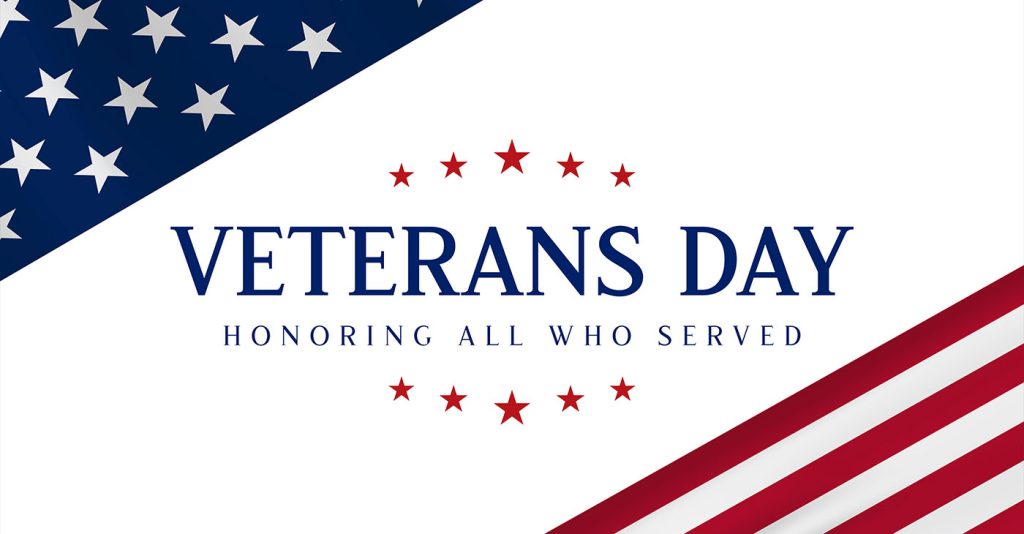Veterans Day is a moment to honor service, recognize sacrifice, and renew our commitment to those who have worn the uniform. Yet it’s also a time to confront an urgent reality: veterans die by suicide at nearly 1.5 times the rate of the general population. Through Face the Fight®, a national movement co-founded by USAA, Reach Resilience, and the Humana Foundation, organizations across the country are joining forces to save veteran lives and strengthen networks of support.
To learn more about this life-saving initiative and how philanthropy can drive lasting impact, BlackPressUSA spoke with Tiffany Benjamin, CEO of the Humana Foundation, who helped launch Face the Fight and continues to champion its mission.
Q: What is Face the Fight® and how does it help address the veteran suicide issue?
A: Face the Fight is a life-saving initiative uniting more than 250 cross-sector partners to dramatically reduce veteran suicide by 2032. Together, we are breaking stigma, expanding access to proven solutions, and building a culture where seeking help is a sign of strength. By combining data, funding, and lived experience, the movement turns collective awareness into action that saves lives and ensures every veteran and their loved ones are never left to fight alone.
Q: How does Face the Fight’s work align with the Humana Foundation’s focus on health equity?
A: At the Humana Foundation, we see veteran suicide as both a public health issue and an equity issue. Too often, veterans from underserved communities face barriers to care, social isolation, or stigma that prevent them from getting support. Face the Fight brings together partners who are addressing those inequities head-on by expanding access to care, investing in local networks, and ensuring that veterans of every background have a fair chance to heal and thrive. When we fund solutions through an equity lens, we are not only saving lives but also building stronger and more connected communities.
Q: How do factors like race, income, and where a veteran lives shape their risk for suicide, and what does this mean for prevention efforts?
A: The latest National Veteran Suicide Prevention Annual Report shows that suicide risk is shaped by more than individual experiences. Veterans in rural areas face higher suicide rates, often linked to fewer mental health resources and greater isolation. Black veterans, while having a lower suicide rate than White veterans, still experience higher rates than Black non-veterans and may face distinct barriers such as economic stress, discrimination, and limited access to culturally competent care. Veterans with lower incomes also face higher risk. These patterns remind us that prevention must address social and structural factors by expanding access, reducing inequities, and ensuring every veteran can reach help and hope.
Q: What are some examples of Face the Fight’s charitable giving?
A: Face the Fight does more than raise awareness. It mobilizes real resources, funding, and commitments from the private sector to create tangible change in the fight against veteran suicide. Donors and partners, including the Humana Foundation, have pledged more than $85 million to Face the Fight through 2027. Most recently, Face the Fight awarded $16.5 million in grants to 27 nonprofit organizations nationwide to strengthen community-driven efforts in veteran suicide prevention. Grant recipients include Support The Enlisted Project, Centerstone Military Services, the Veteran Spouse Network, the Penn Center for Prevention of Suicide, and many others. To date, Face the Fight has distributed more than $41.5 million to initiatives that strengthen peer support networks, expand access to care, and foster environments where veterans feel supported and empowered.
Q: What can loved ones, friends, and communities do to help?
A: The smallest gestures can have the biggest impact. Reaching out and checking in, even with a quick text, call, or conversation, can remind someone they are not alone. If you know someone who may be struggling, you can also share resources. Visit wefacethefight.org to find tools, support options, and suicide prevention training that can help you be prepared to assist in a crisis. Finally, challenge the stigma. Talking about mental health should never be seen as a sign of weakness. Remind veterans or anyone experiencing mental health challenges that they are not alone in this fight.
Q: Why is this issue personally important to you and the Humana Foundation?
When we bring veterans, families, and communities together, we remind them they are not alone, and that is where real change begins. Through partnerships like Face the Fight, we are not only sparking conversation but driving collective action that saves lives.
To learn more about Face the Fight and how you can get involved, visit wefacethefight.org. Together, we can inspire action, raise awareness, and save lives.



